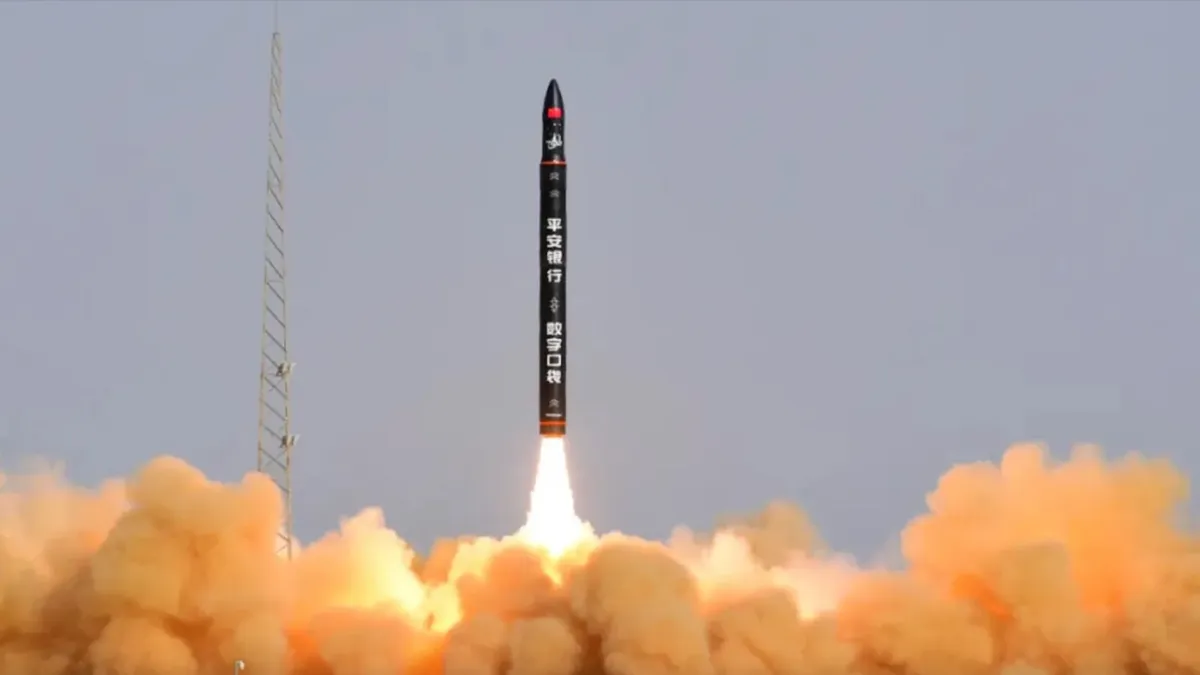On Thursday, China’s commercial rocket company Galactic Energy suffered its first failure on its 10th launch attempt. Airspace closure reports indicated that a launch attempt was made from the Jiuquan Satellite Launch Center in northwestern China around 1 a.m. on September 21. This window passed without a launch announcement, which usually occurred within an hour of launch.
About six hours after launch, Galactic Energy published an article via its WeChat social media account confirming the loss of the Ceres-1 rocket and its payload.
The Ceres-1 four-stage rocket carrying the Jilin-1 Gaofen-04B satellite for commercial remote sensing company Changguang Satellite Technology (CGST) took off from Jiuquan at 12:59 a.m. ET, the company said. Specific causes are being further analyzed and investigated, according to Galactic Energy’s statement. The company also issued a sincere apology to its customers.
The launch was the company’s first major failure. The previous nine launches have all been successful since November 2021. Galactic Energy completed a period of high launch density by completing four missions between July 22 and September 5, including the first launch from a mobile offshore platform off the coast of Shandong Province.
Ceres-1 has a diameter of 1.4 meters, a length of approximately 20 meters, a take-off weight of approximately 33 tons and a liquid fuel booster unit. It can carry 400 kg payload to Low Earth Orbit (LEO) and 300 kg payload to Sun Synchronous Orbit (SSO) at an altitude of 500 kilometers. This was the first 800 kilometer run.
Founded in February 2018, the company is meanwhile preparing for the first launch of the Pallada-1 kerosene-oxygen launcher. The reusable two-stage Pallada-1 will be capable of carrying 5,000 kilograms to LEO or 3,000 kilograms to a 700-kilometer SSO. The first launch of consumables is planned for the third quarter of 2024.
CGST is a subsidiary of the state-run Changchun Institute of Optics, Precision Mechanics and Physics (CIOMP) of the Chinese Academy of Sciences (CAS). Founded in 2014, CGST has more than 100 satellites in orbit. The company announced last year that it planned to expand the Jilin-1 constellation from a planned 138 satellites to 300 by 2025.
Galactic Energy’s impressive track record to date appears to have secured vital contracts to launch the Jilin-1 satellites. The launch was China’s 44th orbital mission of 2023 and the first to fail. China’s state-owned prime contractor has completed 30 of 60 or more planned launches; This indicates a busy launch period for the rest of the year. This breakdown also highlights the growing role of commercial startup service providers in China.













